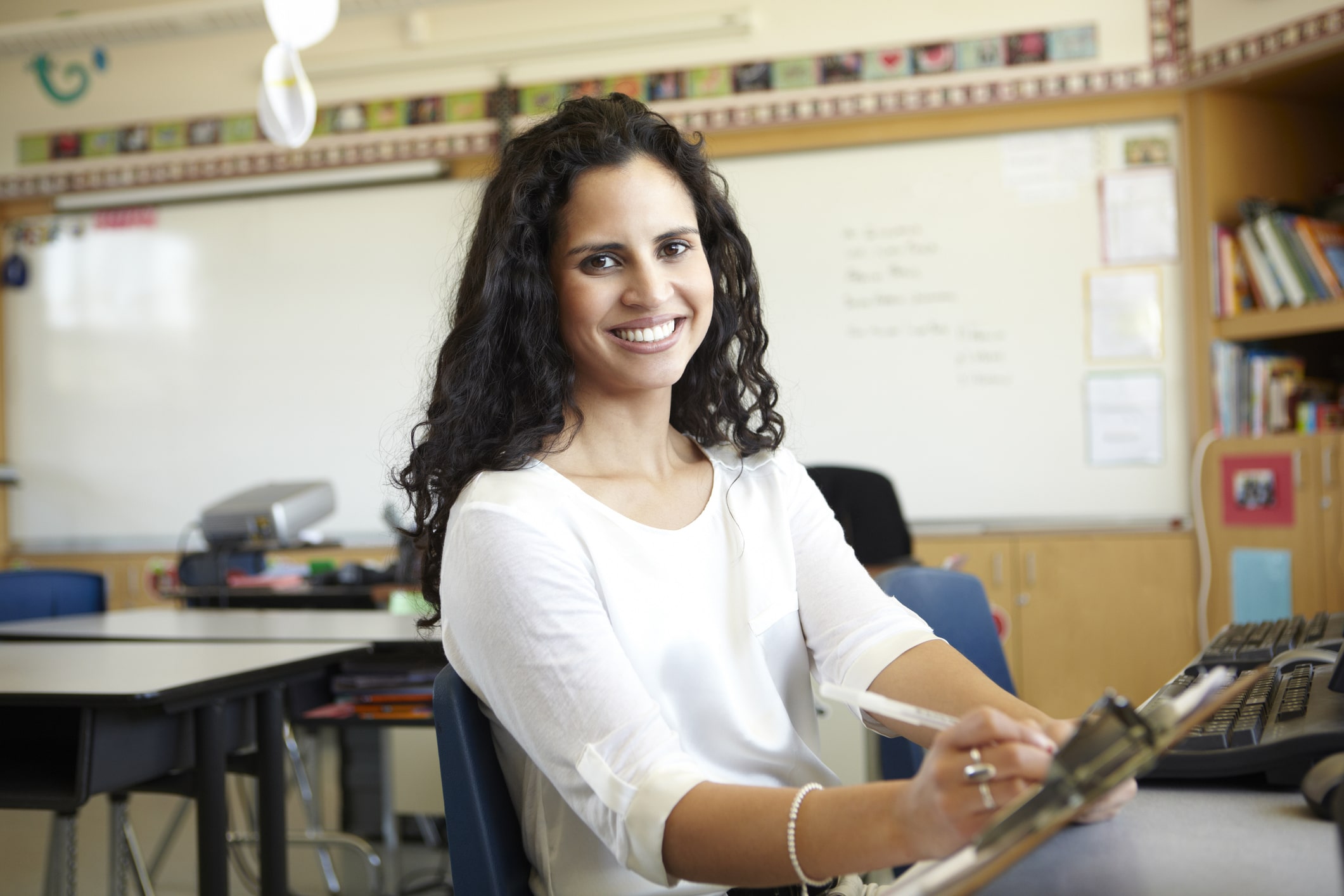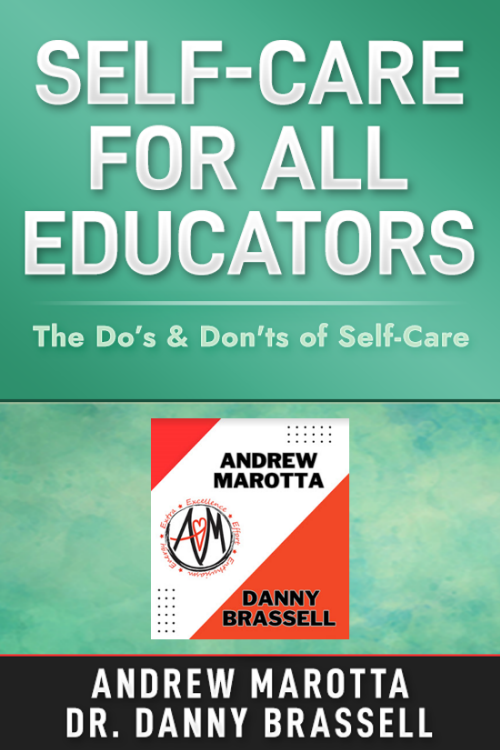Educators and school leaders play an important role in shaping the future, often dedicating their lives to nurturing the minds and hearts of students. However, in the fast-paced world of teaching, their own well-being can sometimes be overlooked. School leadership experts Andrew Marotta and Dr. Danny Brassell remind us that self-care isn’t just beneficial—educators need to thrive both in and out of the classroom.
1. The Power of Little Actions
Marotta’s philosophy, “Do a little bit a lot of the time,” emphasizes the impact small, consistent actions have on self-care. This approach isn’t about dramatic life changes but integrating manageable practices into daily life. It could be as simple as:
- A short daily meditation to clear the mind.
- Regular brief walks to rejuvenate during breaks.
- Allocating time each day to pursue a personal hobby or interest.
2. Setting Boundaries
Brassell’s advice, “Work will always be there. Leave it there,” is a powerful reminder of the importance of setting boundaries. The teaching profession can often blur the lines between work and personal time, leading to burnout. It’s vital to:
- Designate specific times for work and ensure they don’t encroach on personal time.
- Create a physical or mental separation between your workspace and personal space, especially if you work from home.
- Use technology wisely to avoid constant work-related communications during your downtime.
3. Embracing Flexibility and Forgiveness
The teaching profession is as dynamic as it is challenging. Marotta encourages educators to be like bamboo—flexible yet strong, forgiving themselves for inevitable mistakes. Implementing practices such as:
- The “7-7-7” breathing technique for stress relief.
- Regular reflection and adjustment of teaching methods.
- Seeking and offering support among colleagues for shared challenges.

4. Balancing Work and Personal Life
Brassell highlights the importance of disconnecting from work to maintain passion and vigor in your teaching. This balance can be achieved by:
- Actively engaging in non-work-related activities that you love.
- Spending quality time with friends and family.
- Ensuring you have “me time,” which is as crucial as your time in the classroom.
5. Taking Control of Your Inputs
What we consume, whether it’s the food we eat, the media we engage with, or the thoughts we entertain, plays a significant role in our overall well-being. Marotta urges educators to be mindful of their consumption, encouraging:
- Choosing healthy and nourishing foods.
- Engaging with positive and uplifting media.
- Fostering a positive mindset through affirmations and constructive self-talk.
6. Perseverance
Echoing Brassell’s sentiment, “You can never fail if you never give up,” is a testament to the resilience needed in education. This perseverance isn’t just about professional goals but also about personal self-care commitments. By staying the course, even when faced with challenges, educators can model resilience and determination for their students.
7. Reflection
This merely scratches the surface of the valuable insights provided by Marotta and Brassell in their enlightening session “Self-Care for All Educators: The Do’s & Don’ts of Self-Care.” Their wisdom serves as an essential guide for educators and school leaders looking to balance their professional commitments with personal well-being. By prioritizing self-care, you are better positioned to inspire, lead, and make a meaningful difference in the lives of students and staff. Remember, taking care of yourself enables you to be the best leader, educator, and role model you can be.
Interested in learning more about how you can set yourself and school leaders up for success?
Check out Responsive Learning’s School Leadership Academy.


